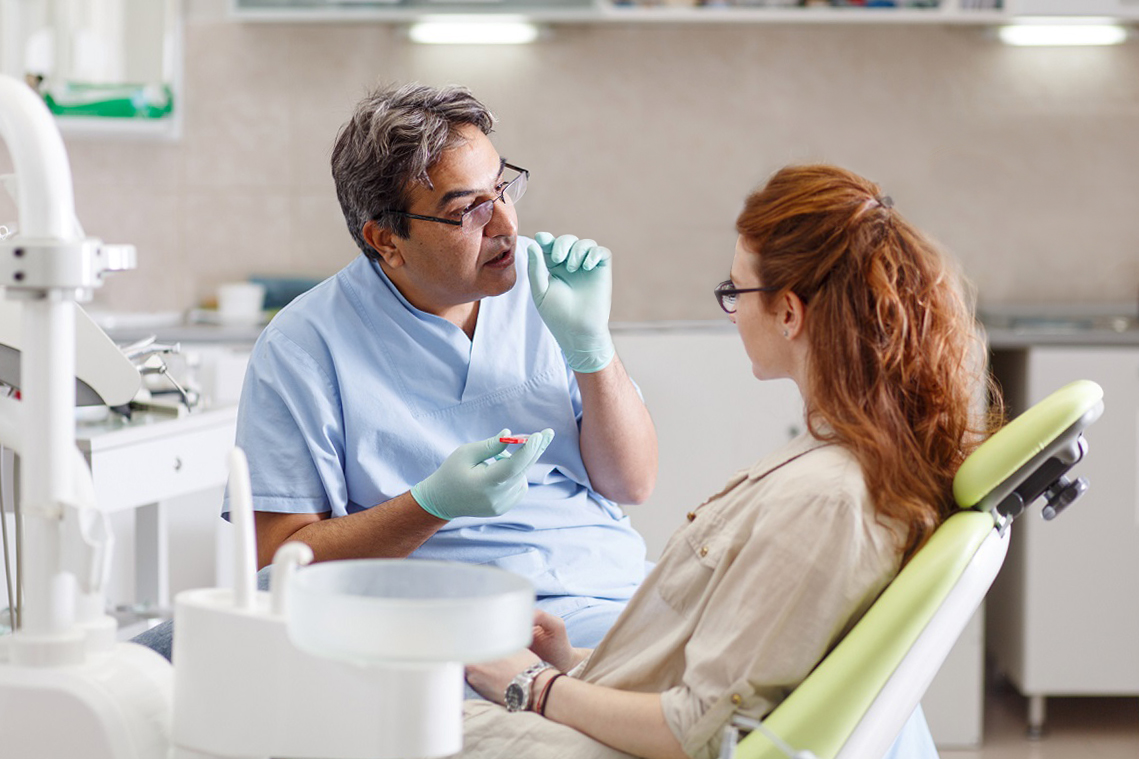The Basic Principles Of Legacy Orthodontics
The Basic Principles Of Legacy Orthodontics
Blog Article
The 7-Minute Rule for Legacy Orthodontics
Table of ContentsSome Ideas on Legacy Orthodontics You Need To KnowThe Ultimate Guide To Legacy OrthodonticsThe Definitive Guide for Legacy OrthodonticsThe Basic Principles Of Legacy Orthodontics The Best Guide To Legacy Orthodontics
In enhancement, we use adjustable treatment schedules, flexible settlement options and an enjoyable, pleasurable experience.An orthodontist is a dental practitioner trained to detect, stop, and treat teeth and jaw abnormalities. Orthodontists work with individuals of all ages, from kids to adults.
Malocclusion, or misaligned teeth, can bring about oral issues, consisting of dental caries, gum tissue condition, and hard or uncomfortable chewing. Not everyone is born with straight teeth. If you have a bad bite or big areas in between your teeth, you may desire to get in touch with a dentist concentrating on orthodontic treatment.
8 Simple Techniques For Legacy Orthodontics
( Image Credit Score: DigitalVision/Getty Images) Orthodontists use fixed and removable oral gadgets, like dental braces, retainers, and bands, to change the placement of teeth in your mouth. Orthodontic treatment is for dental irregularities, consisting of: Jagged teethBite troubles, like an overbite or an underbiteCrowded teeth or teeth that are too much apartJaw misalignmentThe objective of orthodontic therapy is to improve your bite.
While you might believe of orthodontists as mainly for kids or teens that require dental braces, they can correct oral issues at any age. Orthodontists go to college, dental college, and orthodontic college.
, however not all dental practitioners are orthodontists. They concentrate on 2 areas: How to correctly and securely move teeth Exactly how to properly direct development in the teeth, jaw, and faceOnce an orthodontist has finished training, they have the choice to come to be board licensed.
The Best Strategy To Use For Legacy Orthodontics
Malocclusion leads to tooth congestion, a misshapen jaw, or irregular bite patterns. Malocclusion is usually treated with: Your orthodontist attaches steel, ceramic, or plastic square bonds to your teeth.
If you have only small malocclusion, you might have the ability to use clear dental braces, called aligners, rather of conventional braces (https://www.cybo.com/US-biz/legacy-orthodontics_2w). Some people require a headwear to help move teeth into line with pressure from outside the mouth. After braces or aligners, you'll need to put on a retainer. A retainer is a personalized tool that maintains your teeth in position.
They can produce extra room in the mouth without having to draw teeth. Orthodontists make use of cables, surgical screws, or plates to support your jaw bone.
You might require to see an orthodontist if you have: Crowding or otherwise adequate space for all of your teethOverbite, when your upper teeth come your bottom teethUnderbite, when your base teeth are also much forwardSpacing or concerns with gapsCrossbite, which is when your top teeth fit behind your bottom teeth when your mouth is closedOpen bite or a vertical void between your front bottom and upper teethMisplaced midline, when the center of your base and upper teeth do not line up Fixing an oral malocclusion can: Make attacking, chewing, and speaking easierImprove the symmetry of our face and your overall appearanceEase discomfort from temporomandibular joint problemsSeparate your teeth and make them simpler to clean, aiding protect against dental caries or cavities It's frequently a dental expert who first notifications misaligned teeth during a regular exam.
Everything about Legacy Orthodontics

During your initial orthodontic appointment, you'll likely have: An oral examPhotos taken of your face and smileDental X-raysPanoramic (360 level) X-rays of your face and headImpressions to create molds of your teethThese examinations will certainly help your orthodontist know just how to wage your treatment. leesburg clear braces. An orthodontist is a dental practitioner who's had training to treat your teeth and jaw
Orthodontists might do surgery, exams,X-rays,and even more to help you attain a much more comfortable, healthier smile. An orthodontist is concentrated on your bite, so something like a broken tooth would be managed by a dental practitioner. Orthodontists are dental practitioners however not all dental practitioners are orthodontists. Orthodontists are concentrated on your bite, or the means your teeth meshed, and the straightness of your teeth.
Ever before wondered how celebs always seem to have completely straightened teeth? The answer often lies in the proficient hands of an orthodontist. What precisely does an orthodontist do? Orthodontists are oral specialists that concentrate on remedying abnormalities in the teeth and jaws. Their competence goes past simply developing a beautiful smile; it extends to improving your general oral wellness and function.
Getting The Legacy Orthodontics To Work

While dental braces are the most frequently recognized orthodontic treatment, orthodontists have a varied toolkit at their disposal. The particular technique chosen relies on the intensity of the case, the individual's age, and individual preferences. These reliable dental braces make use of a system of brackets bonded to the teeth and connected by cables.
These removable trays are customized to progressively move the teeth's setting. In situations of narrow jaws, palatal expanders can be used to produce area for correct tooth placement.
Report this page